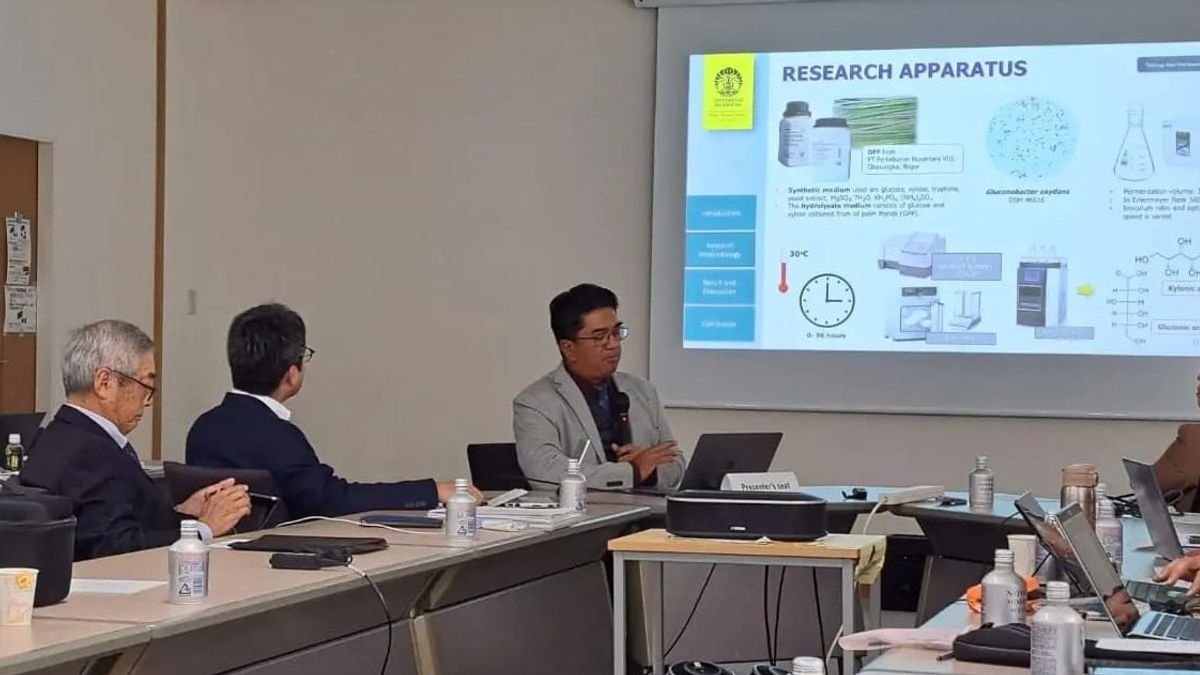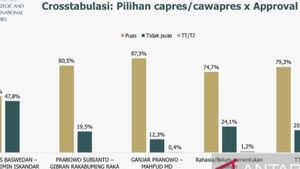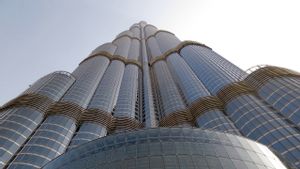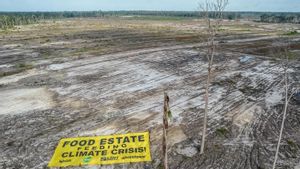
Dean of the Faculty of Engineering, University of Indonesia (FTUI) Heri Hermansyah spoke about the importance of carbon capture and storage (CSS) technology in responding to global challenges.
The CSS previously became the subject of a question for the vice presidential candidate number 2 Gibran Rakabuming Raka to vice presidential candidate number 3 Mahfud MD in the second debate of the 2024 presidential election on 22 December.
Heri said, FTUI collaborated with the Tokyo University of Agriculture and Technology (TUAT) in Japan in developing CCS technology as a strategic step to overcome the impact of climate change.
"We view CCS technology as a key element in mitigating carbon emissions," said Heri in his statement, Wednesday, December 27.
Some time ago, FTUI and TUAT also held a workshop with the theme 'Carbon Cultivation Innovation Hub Challenges the Limits of Carbon Negativity' with the main aim of utilizing the results of carbon activation into sustainable materials.
관련 항목:
According to Heri, the government, academics, and industry need to build a technology innovation ecosystem that is responsive to global challenges, in line with the development of the post-corona world community.
"In a global context that continues to change, building an innovation ecosystem that is responsive to uncertainty in the future and a knowledge-intensive society is the key to competing in line with other countries in the world," he said.
It is known, on the website of the Ministry of Energy and Mineral Resources, CCS is one of the global warming mitigation technologies by reducing CO2 emissions to the atmosphere.
This technology is a series of processes related to each other, ranging from separation and capture of CO2 from exhaust emission sources (flue gas), transporting CO2 caught to storage (transportation), and storage to safe places (storage).
The separation and arrest of CO2 was carried out using absorption technology that has been known to industry for a long time. The arrest of CO2 is commonly used in the hydrogen production process both on laboratory and commercial scales.
The English, Chinese, Japanese, Arabic, and French versions are automatically generated by the AI. So there may still be inaccuracies in translating, please always see Indonesian as our main language. (system supported by DigitalSiber.id)

















